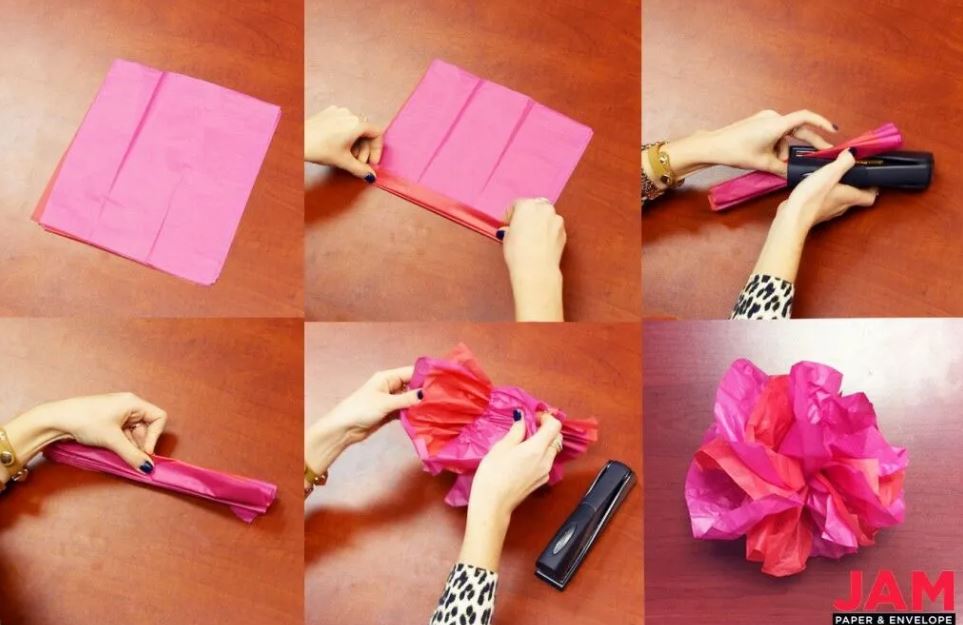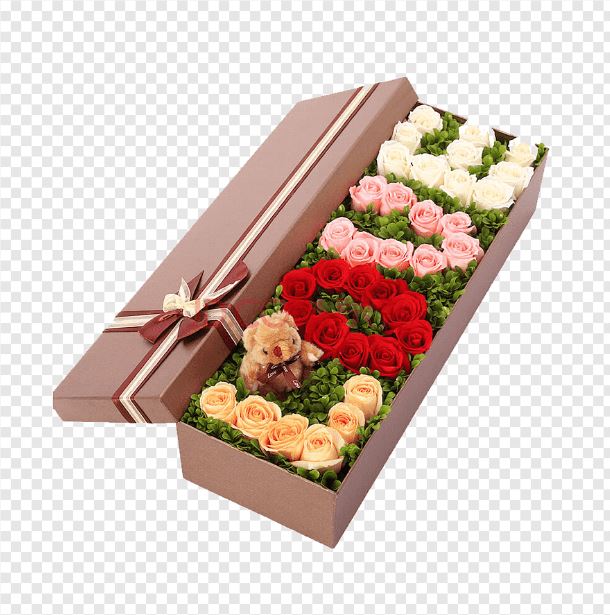- All
- Product Name
- Product Keyword
- Product Model
- Product Summary
- Product Description
- Multi Field Search
Views: 196 Author: XianDa Publish Time: 2024-12-24 Origin: Site

Content Menu
● How to Prepare a Flower Box for Planting
● Choosing the Right Flower Box
>> Material
>> Drainage
● Selecting and Arranging Plants
>> Consider the "Thriller, Filler, Spiller" Method
>> Choose Plants Based on Sunlight Exposure
>> 1. Arrange Plants While Still in Their Containers
>> 2. Remove Plants from Containers
>> Watering
>> Fertilizing
● The Importance of Quality Packaging
>> Benefits of Professional Packaging
>> Spring
>> Summer
>> Fall
>> Winter
● Troubleshooting Common Issues
Window box with colorful flowers
Creating a beautiful flower box can add charm and color to any home exterior. Whether you're a seasoned gardener or a beginner, preparing a flower box for planting is an enjoyable and rewarding process. This comprehensive guide will walk you through the steps to create stunning flower boxes that will be the envy of your neighborhood. We'll also touch on the importance of quality packaging from flower paper box suppliers to ensure your plants arrive in perfect condition.
Before you begin planting, it's crucial to select the appropriate flower box for your space and needs. Consider the following factors:


Measure the area where you plan to place your flower box. Ensure that the box fits comfortably and securely on your windowsill or railing. For custom sizes, some flower paper box suppliers offer made-to-order options.
Flower boxes come in various materials, including wood, plastic, metal, and fiberglass. Each has its pros and cons:
- Wood: Classic look, but requires more maintenance
- Plastic: Lightweight and affordable, but may not be as durable
- Metal: Sleek and long-lasting, but can get hot in direct sunlight
- Fiberglass: Durable and lightweight, but more expensive
Proper drainage is essential for healthy plants. Choose a box with pre-drilled drainage holes or be prepared to add them yourself.
Once you've selected your flower box, follow these steps to prepare it for planting:
If you're using a new box, give it a quick rinse. For older boxes, scrub them thoroughly with a mild soap solution to remove any dirt, debris, or potential pathogens.
Adding drainage material to a flower box
Place a layer of drainage material at the bottom of the box. This can be:
- Packing peanuts (non-biodegradable)
- Old wine corks
- Small rocks or pebbles
Cover this layer with landscape fabric to prevent soil from seeping out.
Use a high-quality potting mix specifically designed for container gardening. Fill the box about halfway, leaving room for your plants.
Choosing the right plants for your flower box is crucial for creating a visually appealing and thriving display.
This popular technique involves using three types of plants:
1. Thriller: Tall, eye-catching plants for the center or back of the box
2. Filler: Medium-sized plants to fill in spaces
3. Spiller: Trailing plants to cascade over the edges
Consider the amount of sunlight your flower box will receive and select plants accordingly:
- Full sun (6+ hours): Petunias, geraniums, marigolds
- Partial sun (4-6 hours): Impatiens, coleus, begonias
- Shade (less than 4 hours): Ferns, hostas, caladiums
Now that you've prepared your box and selected your plants, it's time to bring your vision to life.
Arranging plants in a flower box
Place your plants (still in their nursery pots) in the flower box to visualize the arrangement. Adjust until you're satisfied with the layout.
Gently remove each plant from its container. If the roots are tightly bound, carefully loosen them to encourage growth in the new soil.
Create holes in the potting mix for each plant. Place the plants in their designated spots and fill in around them with additional potting mix. Press gently to eliminate air pockets.
Once all plants are in place, add a layer of mulch to help retain moisture and give a polished look. You may also want to add slow-release fertilizer at this stage.


Proper care will ensure your flower box thrives throughout the season.
Container plants typically need more frequent watering than those in the ground. Check the soil moisture daily, especially during hot weather.
Feed your plants regularly with a balanced, water-soluble fertilizer to promote healthy growth and abundant blooms.
Remove spent blooms and trim back overgrown plants to encourage new growth and maintain the desired shape of your display.
For those ordering plants or supplies online, the role of flower paper box suppliers becomes crucial. High-quality packaging ensures that your plants and materials arrive in excellent condition, ready for planting.
1. Protection during shipping
2. Moisture retention for live plants
3. Proper ventilation to prevent mold growth
4. Clear labeling for easy identification
When selecting a flower paper box supplier, look for companies that prioritize eco-friendly materials and offer custom sizing options to fit your specific needs.
As the seasons change, so should your flower box display. Consider these ideas for year-round beauty:
Focus on early bloomers like pansies, tulips, and daffodils.
Embrace bold colors with petunias, marigolds, and verbena.
Incorporate autumn hues with chrysanthemums, ornamental kale, and ornamental grasses.
Use evergreen branches, berries, and cold-hardy plants like hellebores for winter interest.
Even with the best care, you may encounter some challenges. Here are solutions to common problems:
- Cause: Underwatering or overwatering
- Solution: Adjust watering frequency and ensure proper drainage


- Cause: Nutrient deficiency or overwatering
- Solution: Check soil moisture and adjust fertilization as needed
- Cause: Various insects or environmental factors
- Solution: Identify the pest and use appropriate organic or chemical treatments
Preparing a flower box for planting is a rewarding process that can significantly enhance the beauty of your home. By following these steps and considering factors like proper drainage, plant selection, and ongoing care, you can create stunning displays that will flourish throughout the seasons. Remember to source quality materials, including those from reputable flower paper box suppliers, to ensure the best start for your plants.
With a little creativity and effort, your flower boxes will become a source of pride and joy, adding color and life to your living space.
1. Q: How often should I water my flower box?
A: The frequency depends on factors like climate, plant types, and box material. Generally, check the soil daily and water when the top inch feels dry.
2. Q: Can I reuse potting soil from last year?
A: It's best to start with fresh potting mix each year to ensure proper nutrition and prevent disease. Old soil can be composted or used in garden beds.
3. Q: How do I choose plants that will look good together?
A: Consider factors like color harmony, texture variety, and growth habits. The "thriller, filler, spiller" method is a great starting point for balanced arrangements.
4. Q: What's the best way to protect my flower box in winter?
A: In cold climates, consider moving boxes to a sheltered area or wrapping them in burlap. You can also plant cold-hardy species for winter interest.
5. Q: How important is the quality of the flower box itself?
A: A high-quality flower box is crucial for plant health and longevity. Look for durable materials with proper drainage. Similarly, when ordering supplies, choose reputable flower paper box suppliers to ensure your materials arrive in good condition.
Citations:
[1] https://www.homedit.com/window-box-planters/
[2] https://www.containedcreations.com/blog/plant-window-boxes-like-a-pro
[3] https://www.flowerwindowboxes.com/Window-Box-Gallery-Page-2-s/250.htm
[4] https://www.youtube.com/watch?v=v0ui3QNdsbA
[5] https://www.lofloristsupplies.com/hat-and-floral-gift-boxes/
[6] https://midatlanticpackaging.com/boxes/flower-boxes/
[7] https://www.deucecitieshenhouse.com/2014/05/gardening-basics-planting-a-window-box.html
[8] https://www.thecoastaloak.com/how-to-plant-window-boxes/
[9] https://www.floralboxsupply.com
[10] https://www.bhg.com/thmb/vhYn5z-0Emhur_DEp07xWuz_nF0=/1245x0/filters:no_upscale():strip_icc()/window-box-croton-sweet-potato-vine-508e6567-7c079a7089174d3a8d00026b4b0cdf0d.jpg?sa=X&ved=2ahUKEwjqsb6An7-KAxUklu4BHVTDFXUQ_B16BAgDEAI